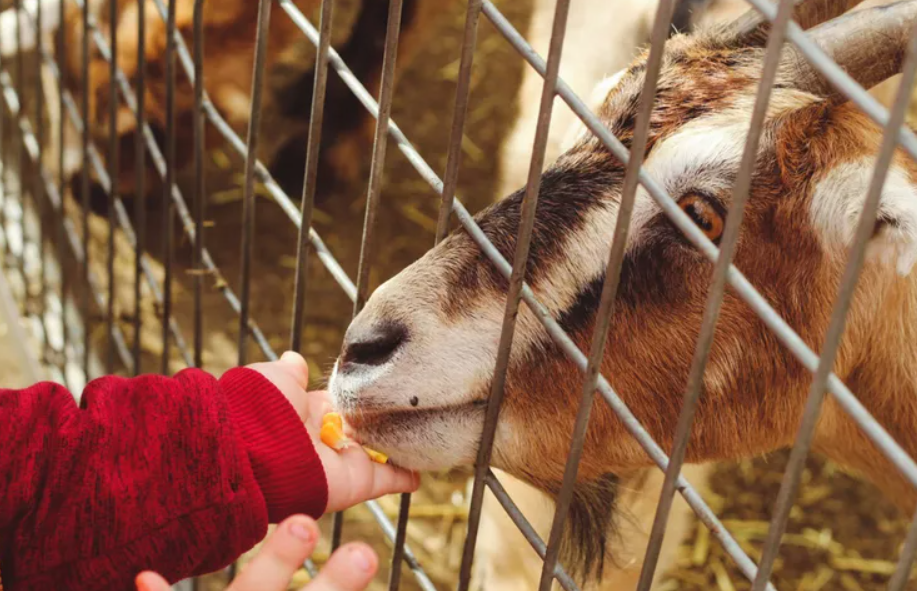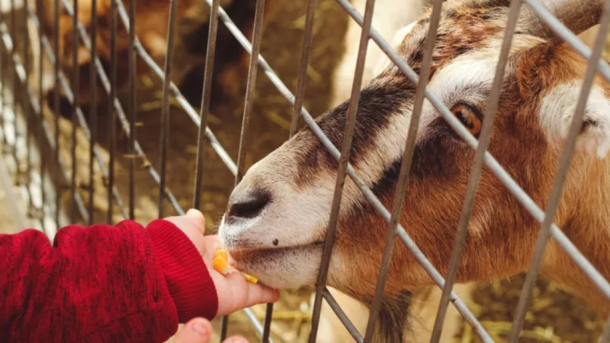More than 70 individuals have fallen ill following the Cryptosporidium outbreak in Wales, which has been linked to visits at a Cowbridge farm. According to Public Health Wales, 74 confirmed cases of cryptosporidium — a microscopic parasite known to cause severe diarrhea — have been identified after visitors had close contact with animals at the site.
The U.S. Centers for Disease Control and Prevention (CDC) notes that cryptosporidium can survive in water, soil, food, or surfaces contaminated by fecal matter. Infections often stem from exposure to young animals such as lambs or calves — a scenario many experienced during Easter visits to the farm.

Cryptosporidium outbreak Wales: Health Impact and Response
Public Health Wales has reported that 16 people required hospitalization due to the severity of their symptoms. In response to the Cryptosporidium outbreak in Wales, the Cowbridge farm has voluntarily stopped all public feeding activities involving animals. The farm posted an apology on Facebook, announcing a temporary suspension of animal experiences and offering refunds to affected visitors.
Among those impacted is Vic Dobbinson, whose 8-year-old daughter Alba became sick after bottle-feeding lambs. “I know farms come with risks,” Dobbinson told the BBC, “but had we known there was a possible link to previous cases, we wouldn’t have visited.”
Cryptosporidium outbreak Wales: Dr. Su Mably, a consultant in health protection with Public Health Wales, emphasized the importance of hygiene. “While most cases resolve on their own, it can be more serious for young children or people with weakened immune systems,” she said. Transmission can also occur from person to person, particularly among caregivers.

Cryptosporidium outbreak Wales: Officials began looking into the outbreak in late April. Initial reports included 27 cases, which later surged to 47 — eventually reaching 74 as the parasite’s incubation period became apparent. Symptoms usually emerge two to ten days after exposure and can last up to two weeks.
To minimize the risk of infection, experts urge thorough hand-washing, especially before preparing meals or after animal contact. Anyone who visited the farm and feels unwell should consult a healthcare provider promptly.
Source: www.people.com



